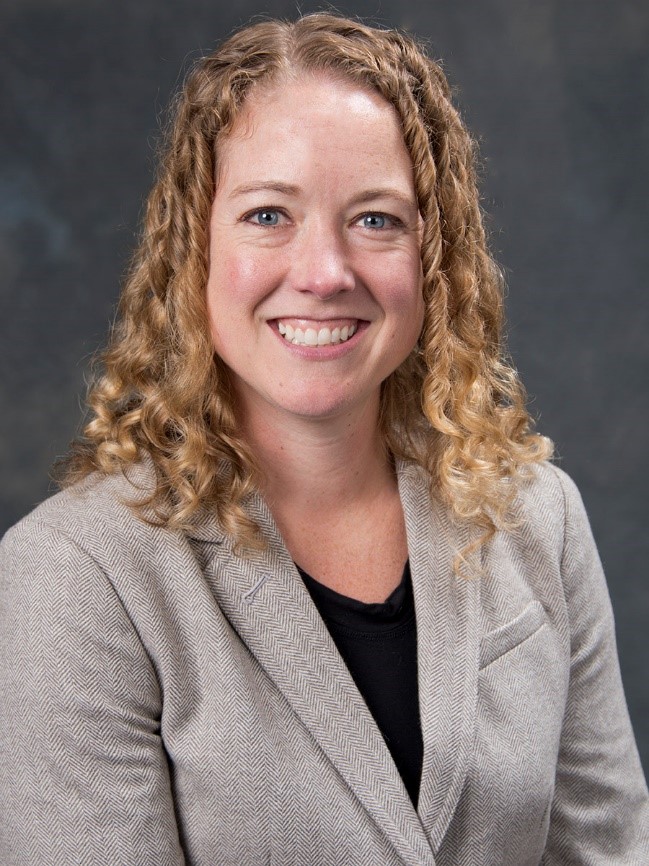Sanya Carley, Indiana University – Energy Insecurity and the COVID-19 Pandemic
 Flip the switch and the light goes on for most of us, but not all. But not for everyone.
Flip the switch and the light goes on for most of us, but not all. But not for everyone.
Sanya Carley, professor at the O’Neill School of Public and Environmental Affairs at Indiana University, looks at energy insecurity.
Professor Sanya Carley’s research focuses on policy and other efforts aimed at advancing the innovation of low-carbon and efficient energy technologies in both the electricity and transportation sectors. Her recent projects focus on the U.S. energy transition, including a study of vulnerable populations to the transition and a study of public acceptance of energy infrastructure.
Energy Insecurity and the COVID-19 Pandemic
Most Americans take energy for granted. But, for many families, maintaining access to reliable and affordable energy is a persistent challenge and a significant material hardship.
This is a problem referred to as energy insecurity, and it affects millions of American households each year . To understand the prevalence of the problem, the underlying factors that contribute to it, and the implications for household health and wellbeing, our research team has been conducting a survey of low-income households to better understand how they are experiencing energy insecurity throughout the pandemic.
We have found that energy insecurity is a growing and vexing problem among low-income households, and the COVID-19pandemic has made this problem worse. Our analysis finds that that there are disparities in rates of energy insecurity across various socio-demographic groups. Black and Hispanic households, for example, are significantly more likely to experience energy insecurity and face utility disconnection than white households. So too are households with young children, individuals that require electronic medical devices, and those in dwellings with inefficient or poor conditions.
Households that cannot pay for energy are unable to power electronic learning or medical devices, keep perishable, healthy food in the refrigerator, or maintain safe body temperatures. Under conditions of extreme heat or cold, people can suffer from mental and physical health consequences, including the possibility of death. Strategies for coping with uncomfortable temperatures, such as burning trash or sitting in one’s car with the heat running, can lead to tragic outcomes as well.
Our research underscores the importance of public policy that targets energy insecurity and its underlying causes. Weatherization assistance, incentives for residential solar power, energy bill assistance, and utility disconnection protections are all viable strategies for helping the millions of households across the country that are currently unable to pay their energy bills.
Watch/Read More:
CNN Interview
Energy Justice Indiana University – Full data on energy insecurity and COVID research
Sociodemographic disparities in energy insecurity among low-income households before and during the COVID-19 pandemic, Nature Energy, 1/18/21
What the U.S. Government Can Do to Address Energy Insecurity, SSN, 3/24/21


